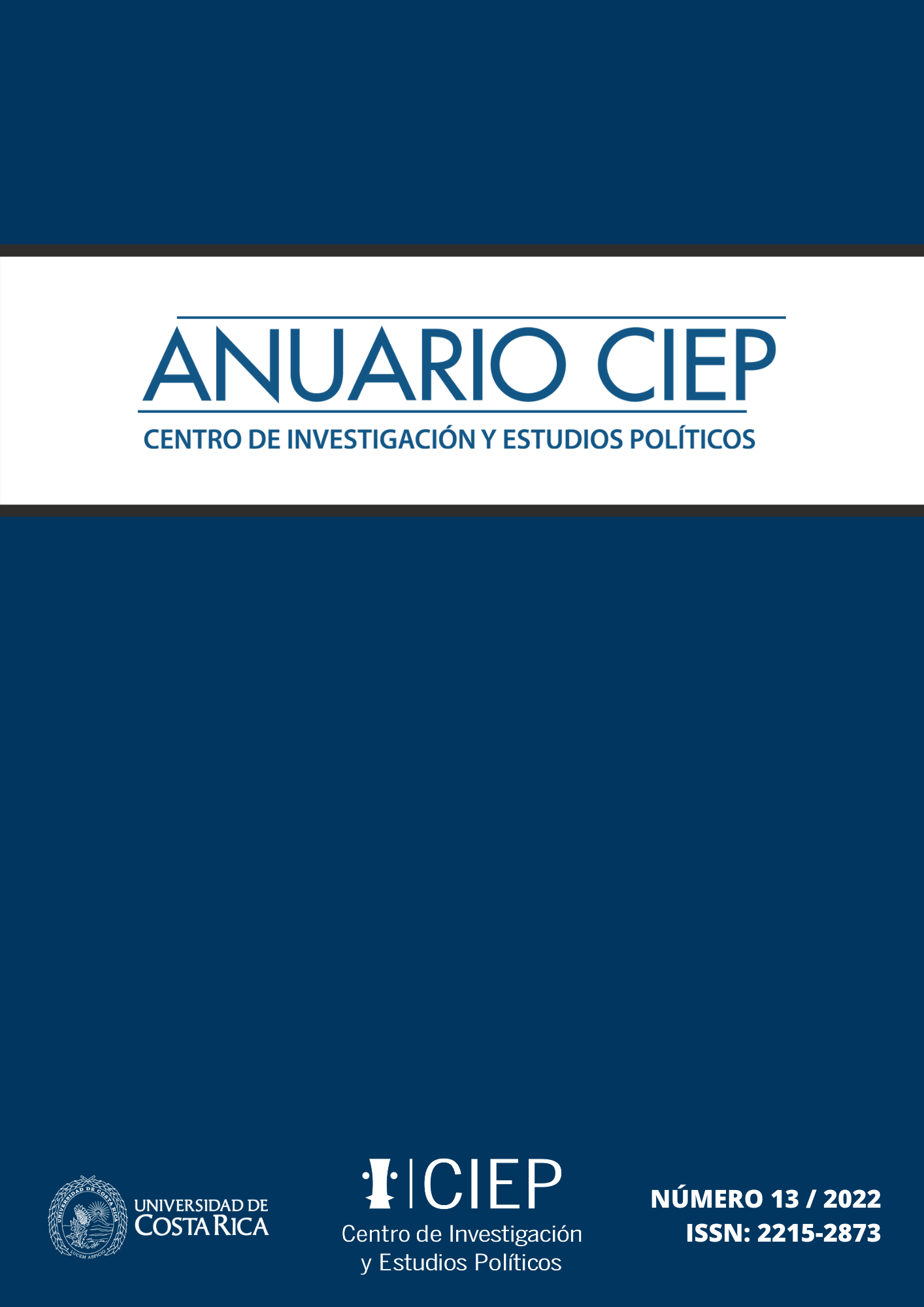Abstract
This article analyzes the difficulties of employment in the Juvenile Criminal Population (PPJ), the product of the structural problem of unemployment, the lack of the State to make effective what is established in public policies, the situation of vulnerability and discrimination produced by the setbacks they face as age group and the implications of the penal sanction. This article is developed as a descriptive documentary research, supported by the process of preparing the Final Graduation Work "Decent employment and new opportunities: construction of a network of key actors for employment, in favor of the Juvenile Criminal population of the Alternative Sanctions Program”. The analysis exposes the importance of intervening in decent employment opportunities for the PPJ as part of adequate social integration, as established by the Penitentiary Policy, and the relevance of employment, from the economic-material point of view, and its significance in the emotional, family, and social areas. It is concluded that the opportunity for decent employment reduces social exclusion, favoring the desistance of criminal life, given the transformations of current work and its influence on social organization; however, to generate these opportunities, awareness-raising processes are necessary, both for the employer population and for the population in general, which allow the PPJ to be de-stigmatized since they experience a series of stereotypes, internalized by the person and accepted as part of their identity, which limits their possibilities for personal development.

